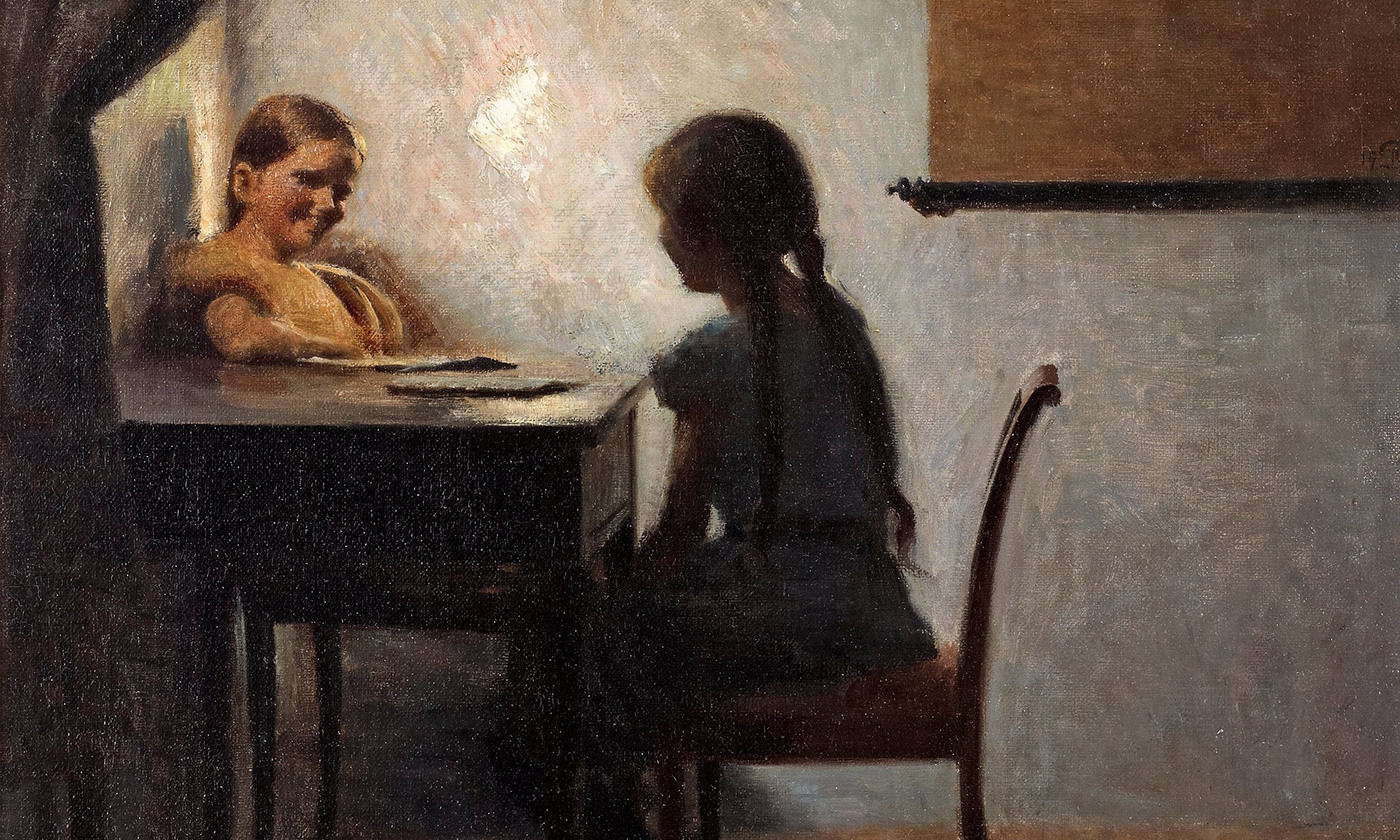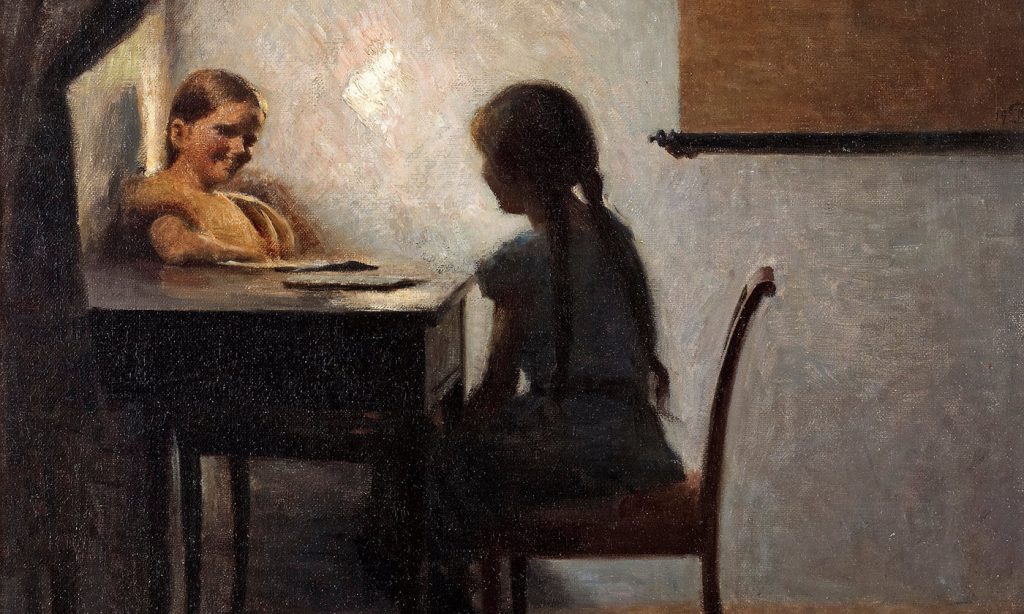Through much of human history, frugal simplicity was not a choice but a necessity – and since necessary, it was also deemed a moral virtue. But with the advent of industrial capitalism and a consumer society, a system arose that was committed to relentless growth, and with it grew a population (aka ‘the market’) that was enabled and encouraged to buy lots of stuff that, by traditional standards, was surplus to requirements. As a result, there’s a disconnect between the traditional values we have inherited and the consumerist imperatives instilled in us by contemporary culture.
In pre-modern times, the discrepancy between what the philosophers advised and how people lived was not so great. Wealth provided security, but even for the rich wealth was flimsy protection against misfortunes such as war, famine, disease, injustice and the disfavour of tyrants. The Stoic philosopher Seneca, one of the richest men in Rome, still ended up being sentenced to death by Nero. As for the vast majority – slaves, serfs, peasants and labourers – there was virtually no prospect of accumulating even modest wealth.
Continue Reading
Why the simple life is not just beautiful, it’s necessary
https://aeon.co/ideas/why-the-simple-life-is-not-just-beautiful-it-s-necessary


Leave a Reply